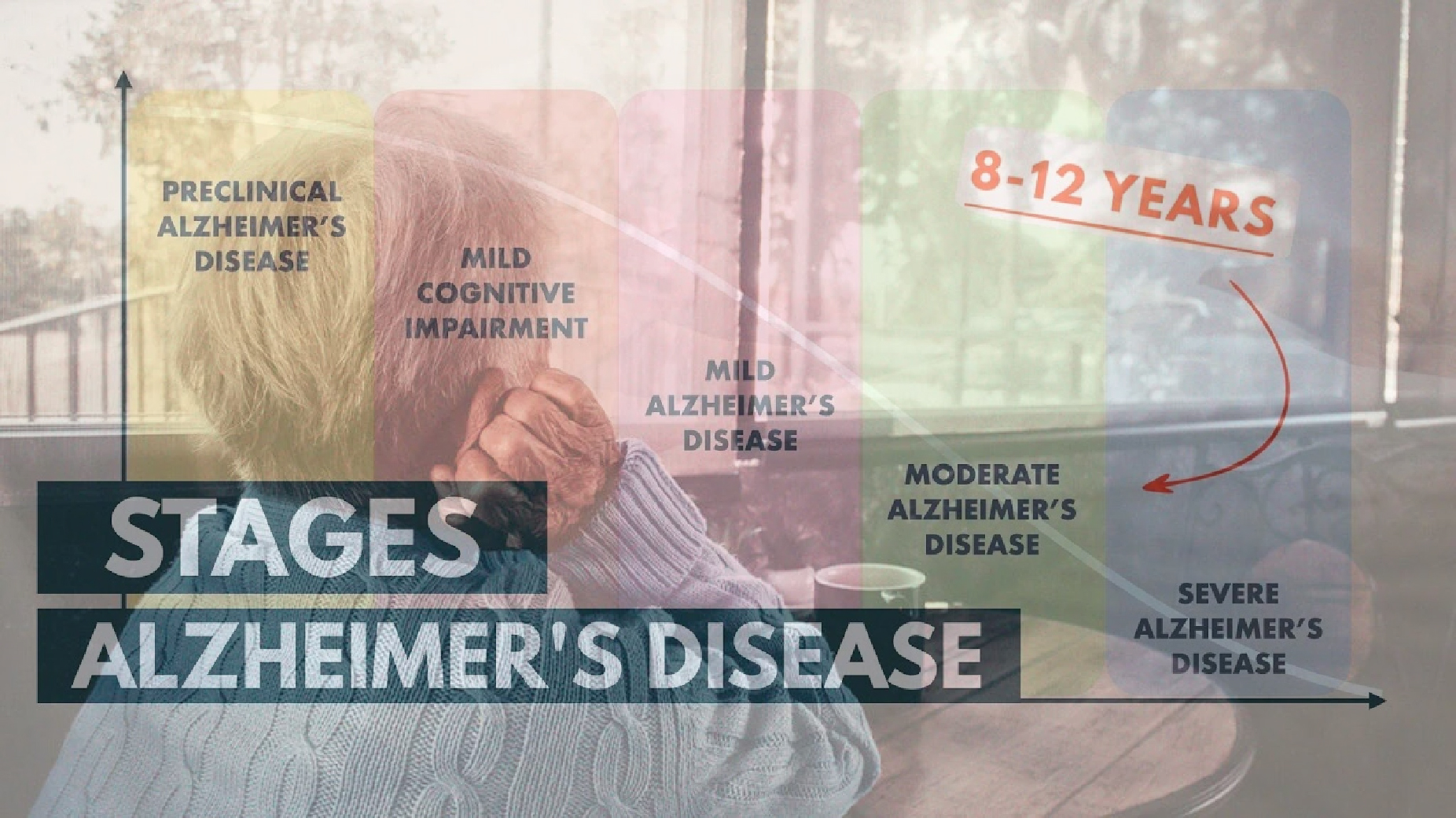The Alzheimer’s Association estimates this year that there are 6.9 million people in the United States who are 65 years old or older and live with Alzheimer’s disease. Seventy-three percent of Alzheimer’s patients are 75 years of age or older and 10.9% are 65 years of age or older.
Dementia is a progressive condition that affects memory, thinking, and the ability to perform daily activities, and it varies from person to person. When someone is diagnosed with dementia, it is common to ask questions about how many years they can still live.
It’s worth noting that dementia doesn’t have a set timeline; it can progress slowly over many years or advance more rapidly. The life expectancy for dementia patients depends on the patient’s age at diagnosis, their overall health, and the quality of care they receive. A person may live for four to eight years, but some people can live up to 20 years.
Learn more about how you can help your loved one with dementia live longer and get the best quality of life possible.
Average Duration of Dementia
Healthcare providers evaluate the average dementia duration when diagnosing the condition to prepare patients and caregivers. Dementia duration varies by type and individual circumstances.
Alzheimer’s disease, the most common dementia, advances slowly over the years. Alzheimer’s patients live 4–8 years on average, while some live 20 years or more. Vascular dementia and Lewy body dementia may progress at different speeds and last for various amounts of time.
Knowing the average dementia duration can help people and their families prepare for obstacles. It helps organize care, finances, and emotional support. These averages can help, but dementia is unique and might advance differently in each person.
Progression Factors
Understanding dementia progression helps forecast and manage it. Several factors affect dementia progression speed. Certain hereditary variables influence dementia risk and progression.
Lifestyle decisions, including food, exercise, and socializing, also matter. Regular exercise, a balanced diet, and social activity can decrease dementia progression. Managing high blood pressure, diabetes, and heart disease can also decrease dementia progression.
Environmental factors, including pollutants and brain injuries, can also accelerate dementia. Monitoring and resolving these progression variables can help dementia patients and caregivers manage the disease. Early detection and treatment of these factors may slow disease development and enhance quality of life.
Impact on Life Expectancy
How can dementia affect lifespan? Dementia generally shortens life expectancy. The kind, stage, and health of the dementia patient affect life expectancy. Overall, dementia increases mortality risk. According to studies, the typical life expectancy after dementia diagnosis is 3–10 years, but this can vary.
Age at diagnosis, underlying health issues, and quality treatment and support can affect dementia life expectancy. It’s important for dementia patients and their caregivers to collaborate with doctors to treat the condition and prevent complications, which may improve quality of life and lifespan.
Managing Dementia Care
To effectively manage dementia care, prioritize establishing a comprehensive support system early on. This support system should include healthcare professionals, family members, and caregivers who can assist in providing the necessary care and guidance throughout the progression of the disease.
For individuals with dementia, it is imperative that a safe and comfortable environment be provided, ensuring their physical and emotional needs are met. Regular communication with healthcare providers is necessary to monitor the patient’s condition as well as make adjustments to their care plan as needed.
As dementia progresses, it’s important to adapt care strategies to meet the changing needs of the individual. This may involve modifying daily routines, implementing memory aids, and ensuring proper medication management. Providing social interaction and engaging activities can help improve the individual’s quality of life and overall well-being.
Also, read more here, Enrica Cenzatti.
Support Systems and Resources
Building a solid support system and using resources can improve dementia care. Family, friends, and community services can help dementia caregivers. These support systems offer emotional support, respite, and daily work aid. Join dementia support groups or online forums to meet others with similar issues and get assistance.
Use the Alzheimer’s Association’s informative materials, caregiver training, and helplines. Local memory care centers, adult day programs, and in-home care agencies can also provide dementia-specific support. Medicare, Medicaid, and long-term care insurance may help with dementia care costs.
Conclusion
Although dementia lasts differently for everyone, it typically lasts 8–10 years. Age, health, and dementia type affect progression. While dementia reduces life expectancy, appropriate management and support can enhance quality of life for both the patient and caregiver. To manage this disease, you need resources and help.






